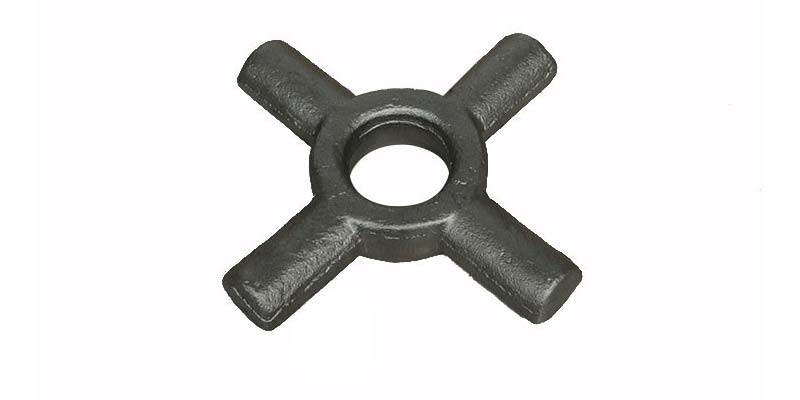- Contact Innally, Let you purchase forgings in China more favorable prices, products more assured!
- Hotline:+(86)15038323776 Email:innally@innally.com
What are the requirements for maintenance and maintenance of train forgings?
- Category: Steel forgings, Thermal forging
- |
- Date: 08/12/2023
the maintenance and maintenance of train forgings is one of the important links to ensure the safe operation of trains. Through regular inspection, lubrication, cleaning and rust prevention measures, it can effectively improve the service life and reliability of train forgings, and provide a strong guarantee for the development of railway transportation.
Product Details
Train forgings are very important in terms of maintenance and maintenance, as they are one of the key components that guarantee the safe operation of trains. This article will introduce the requirements of train forgings in terms of maintenance and maintenance, including regular inspection, lubrication, cleaning and rust prevention.
- Regular inspection
Regular inspection is the basis of train forging maintenance and maintenance, which can detect and solve potential problems and faults in a timely manner. For key forging parts, such as wheels, axles, etc., non-destructive testing needs to be carried out regularly to ensure that there are no cracks, defects and other safety hazards inside. At the same time, it is also necessary to check the appearance of the forging to find out whether there are obvious deformation, wear and other phenomena.
Two, lubrication
Lubrication is one of the important measures to ensure the normal operation of train forging. For forgings that require relative motion, such as bearing housings, crankshafts, etc., regular lubrication is required to reduce friction and wear. The choice of lubricant needs to be determined according to the specific forging material and use environment to ensure that it has a good lubrication effect and a long service life.

Three, clean
Cleanliness is one of the basic requirements to ensure the normal operation of train forgings. Forging surfaces need to be kept clean to prevent corrosion and contamination. During the overhaul process, the forgings need to be cleaned to remove surface dirt and impurities. At the same time, it is also necessary to prevent the presence of corrosive gases and substances in the environment to reduce the corrosion of forgings.
Fourth, rust prevention
For some train forgings exposed to the environment, such as wheels, axles, etc., rust prevention treatment is required. The purpose of rust prevention is to prevent rust and corrosion on the surface of the forging, thereby extending its service life. Commonly used anti-rust methods include coating anti-rust oil, spraying anti-rust paint and so on. In the process of use, it is necessary to check the quality of the anti-rust layer regularly, and repair and supplement in time.
- Other requirements
In addition to the above aspects, train forgings have other requirements in terms of maintenance and maintenance. For example, for some high-precision forging parts, such as pistons, it is necessary to conduct an action balance test to ensure that it does not produce excessive vibration and noise during use. At the same time, it is also necessary to backup and record the forgings so that they can be consulted and analyzed when needed.
In short, the maintenance and maintenance of train forgings is one of the important links to ensure the safe operation of trains. Through regular inspection, lubrication, cleaning and rust prevention measures, it can effectively improve the service life and reliability of train forgings, and provide a strong guarantee for the development of railway transportation.
nannan
INNALLY mainly provides you with various types of cast and forged parts products. Welcome your inquiries! innally@innally.com
Related Products
Search
Forging center
- Steel forgings
- Aluminium alloy forging
- Titanium alloy forging
- Stainless steel forging
- Copper forging
- Automotive forgings
- Locomotive forging
- Bicycle forgings
- Motorcycle forging
- Rigging and fasteners
- Bearing forging
- Electric power fittings
- Marine forging
- Mechanical forgings for metalworking
- Mining machinery forgings
- Marine engineering forgings
- Construction machinery forgings
Popular product

© 2025. All Rights Reserved.






